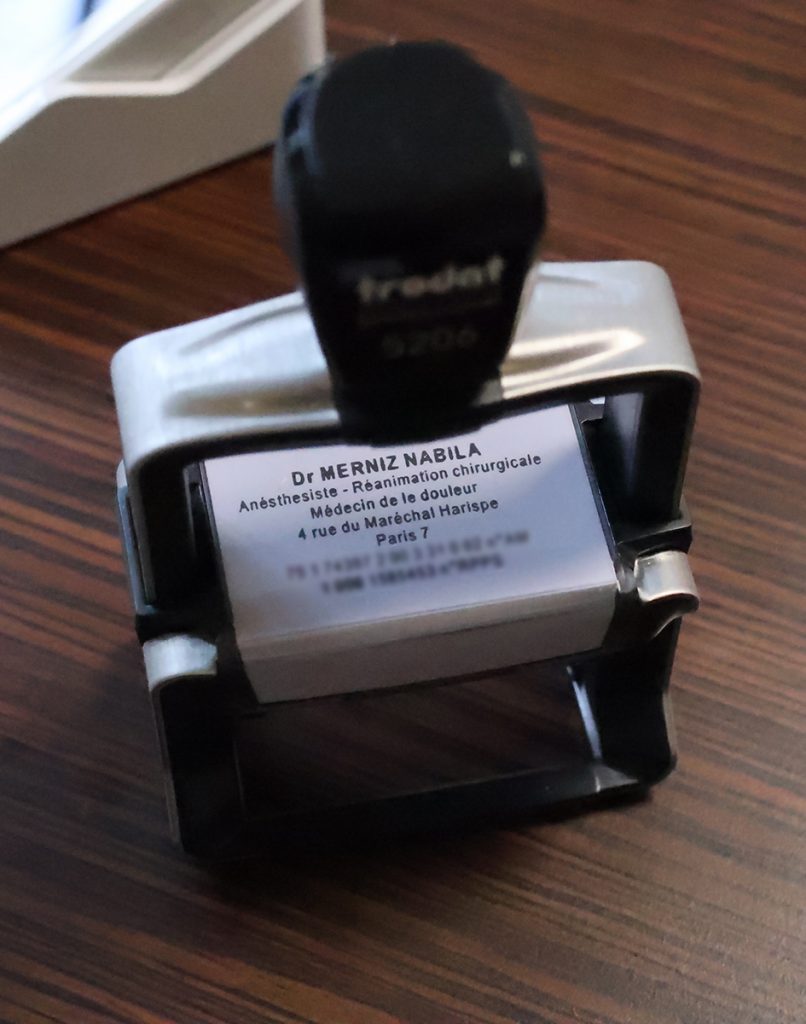
Combining Science and Listening
Talk, diagnose and treat.

Pain management is a truly scientific discipline, where each physical pain tells a unique story, inscribed in the body and sometimes in the mind. As an anesthesiologist, I welcome you to a private practice with a reassuring atmosphere, where you’ll benefit from attentive listening and the time you need to understand and treat your pain.
My approach combines the latest technological advances in science with humane, personalized care, to provide lasting relief and enable you to regain a better quality of life.
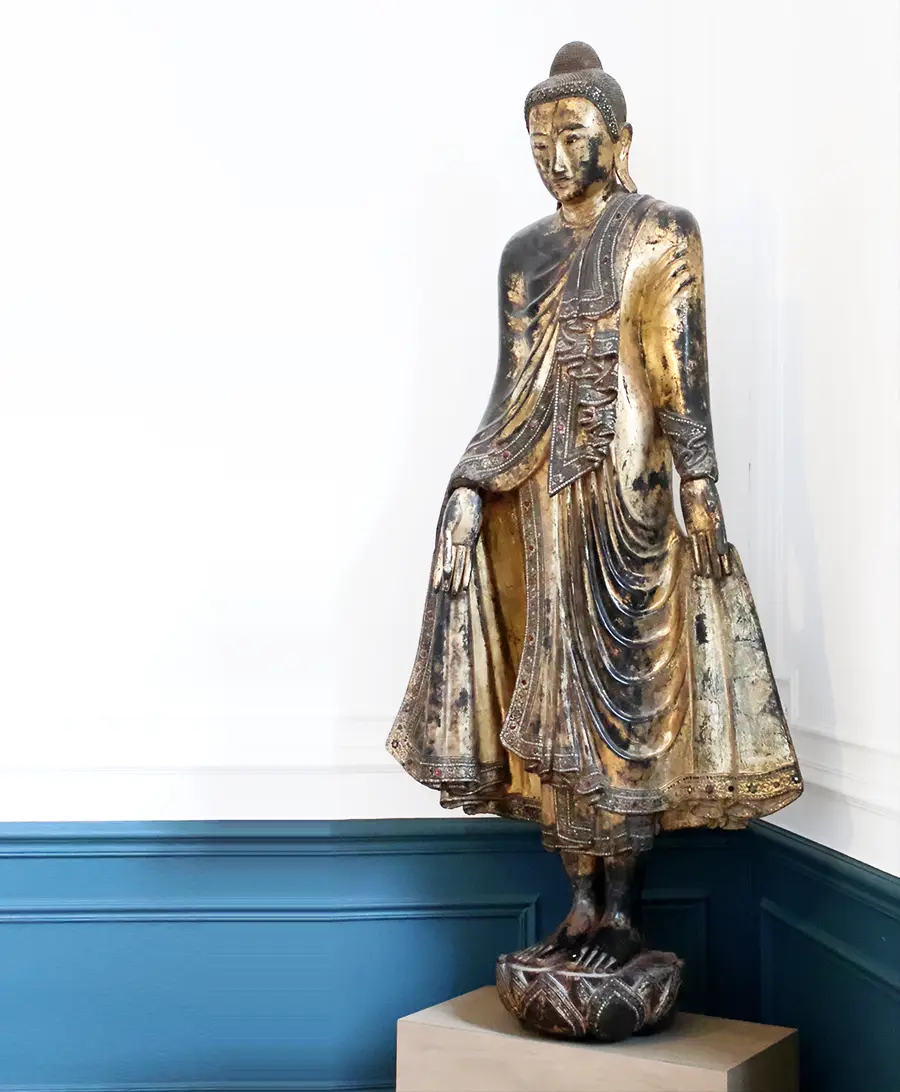
Extensive technical expertise
Mastery of interventional techniques
Anaesthetists possess in-depth expertise in invasive procedures such as nerve blocks, locoregional analgesia, epidural or intrathecal injections, and other interventions often requested in private practice for patients with refractory pain.
These technical skills are in demand by patients suffering from complex chronic pain, such as neuropathic or post-surgical pain.
Procedural autonomy
In private practice, these practitioners can perform these procedures directly, without having to rely on hospital structures, which improves patient access to these specialized treatments.
A global and longitudinal view of the patient:
In private practice, the anesthesiologist is able to develop an ongoing relationship with the patient, enabling longitudinal monitoring. This is essential for adapting treatments over time, according to the evolution of pain.

FIRM BENEFITS
An anesthesiologist setting up a private practice is often particularly well placed to manage chronic pain. Here’s why this specialty offers a decisive advantage in this context:
Effective coordination
By virtue of their training, anesthesiologists are accustomed to working in collaboration with other specialists (surgeons, neurologists, psychiatrists, physiotherapists). In private practice, this ability translates into a capacity to integrate treatments into a multidisciplinary plan for comprehensive care.
Pain referral role
As a private practitioner, he or she often becomes a key resource for other local healthcare professionals (GPs, specialists) who can refer complex cases to him or her.
Prescription and monitoring :
Anaesthetists are trained to use powerful drugs (opioids, co-antalgesics, local anaesthetics) while mastering the aspects of tolerance, addiction and side effects.
In private practice, this skill enables them to precisely manage drug protocols adapted to each patient, often as a complement to interventional approaches.
Individualized care
Unlike hospital structures, where care can be standardized, a private practice enables treatments to be completely personalized. This meets the expectations of chronic pain patients, who are looking for a listening ear and an approach tailored to their unique situation.
Organizational flexibility
In a private practice, the anesthesiologist can organize long, in-depth consultations, adapted to the complexity of each case, which is rarely possible in a hospital environment.
perioperative management
Having managed patients at different stages of the surgical journey, they understand the mechanisms of transition between acute and chronic pain.
Our specialities
I specialize in the management of chronic and complex pain using innovative and personalized approaches. My areas of expertise include:
- Photobiomodulation a non-invasive method using infrared light to relieve pain and promote healing.
- Treatment of migraines with Botox, offering an effective solution for chronic migraines resistant to conventional treatments.
- Management of algoneurodystrophy (ARDS), combining targeted techniques to reduce pain and improve quality of life.
- Management of pain linked to post-traumatic stress, with interventions to regulate the vagus nerve and rebalance autonomic responses.
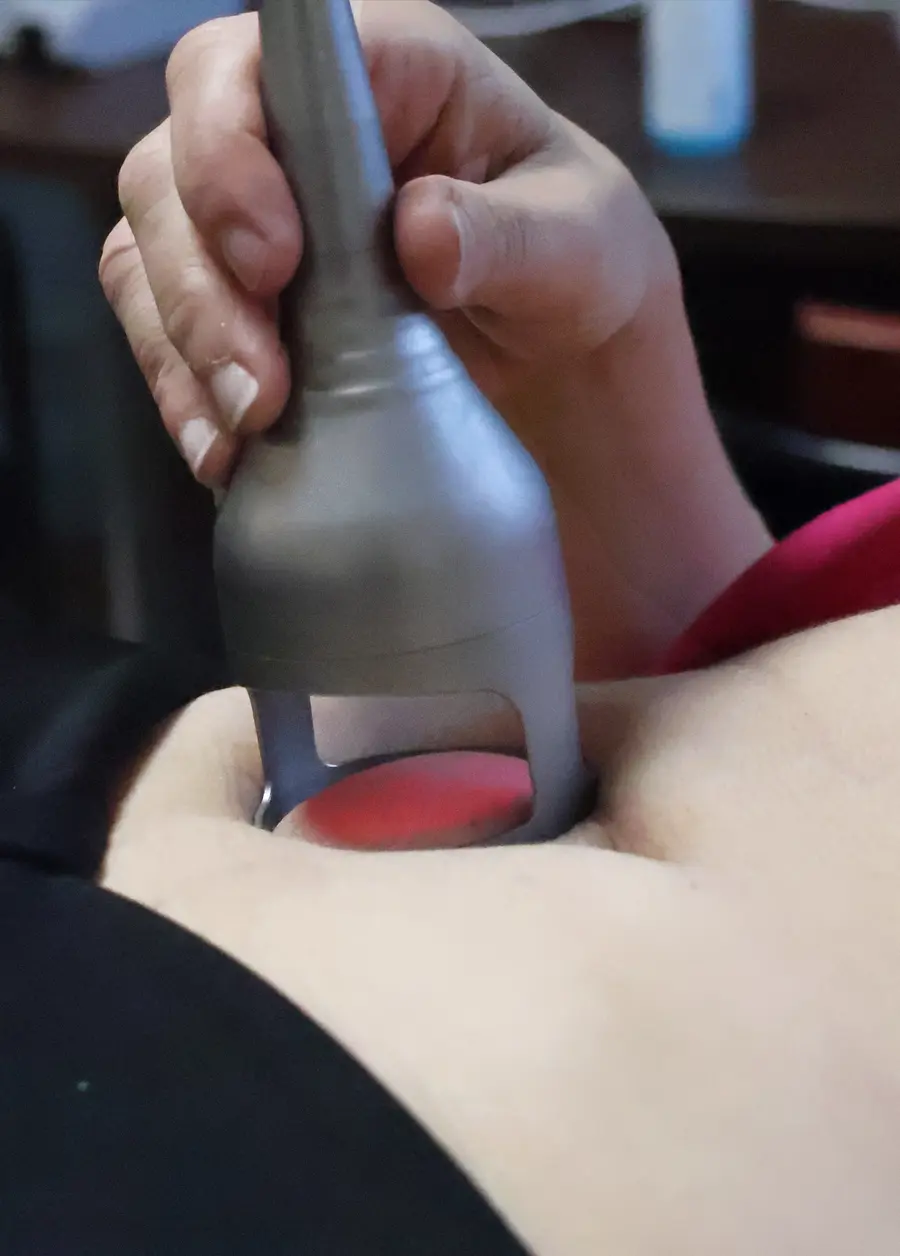
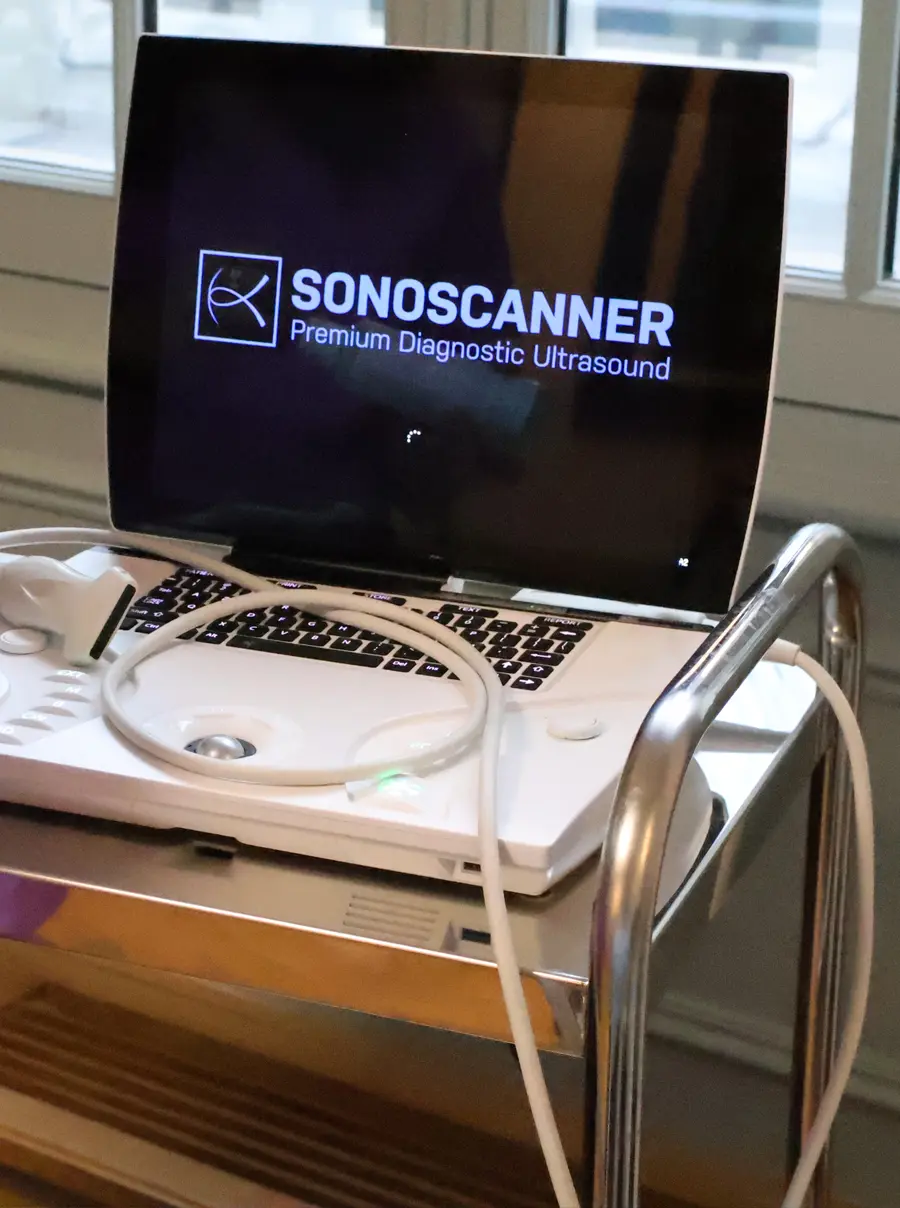
patient benefits
Recognition of expertise :
The specialty of anesthesia-intensive care is often perceived as a guarantee of high competence in pain management. Patients seeking solutions to chronic pain are more likely to consult a professional recognized for his or her in-depth knowledge and technical expertise.
Patient development :
The combination of technical treatments (nerve blocks, locoregional analgesia) and personalized care attracts a loyal following of chronic pain sufferers, who are often poorly treated elsewhere.
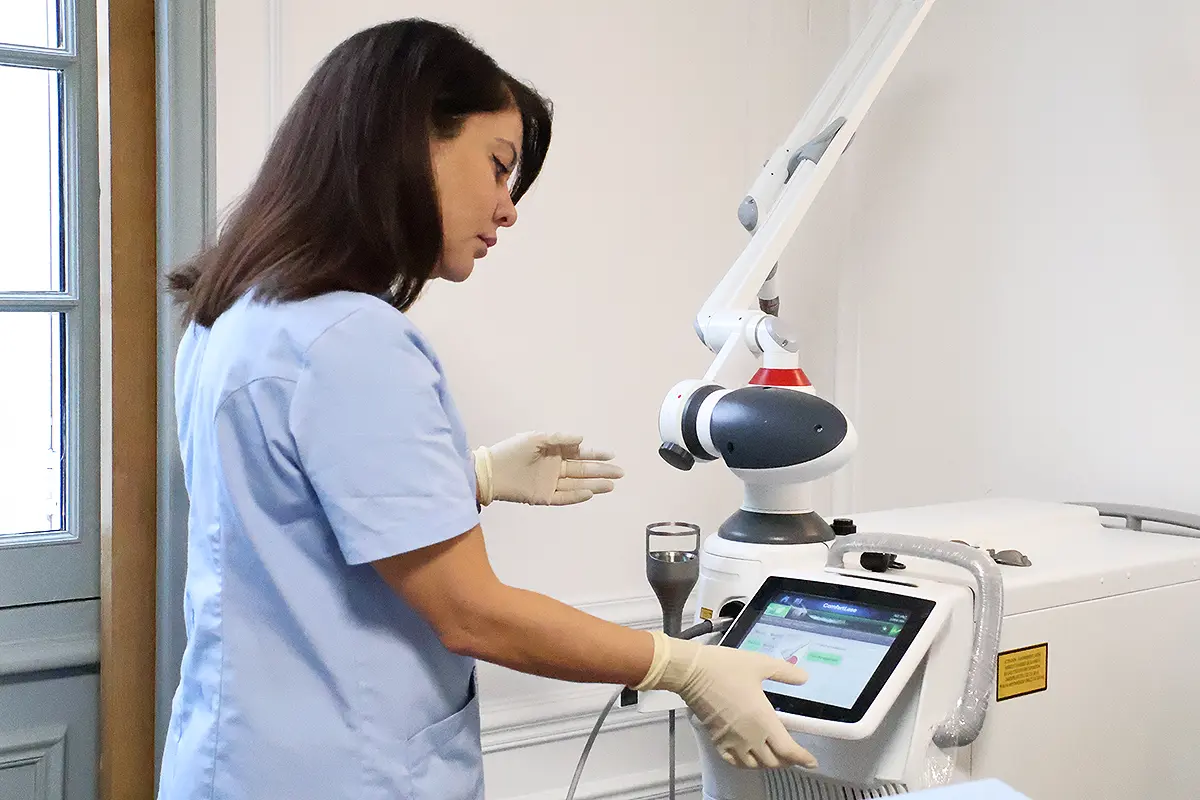
Patient education
In the office, the anesthetist can devote time to explaining pain mechanisms, treatment objectives and preventive strategies, thus reinforcing patient compliance.
Preventing chronicization :
Thanks to their expertise, they are able to detect and treat pain at an early stage, often preventing it from becoming chronic.
An anesthesiologist in private practice stands out for his or her technical expertise, in-depth understanding of pain mechanisms, ability to personalize care and capacity to coordinate multidisciplinary management. This combination of assets meets the specific needs of patients suffering from chronic pain, making him or her particularly well-suited to this field in private practice.
THE CABINET
This combination of approaches enables me to offer solutions tailored to each patient, with a focus on lasting results and an overall improvement in their well-being.


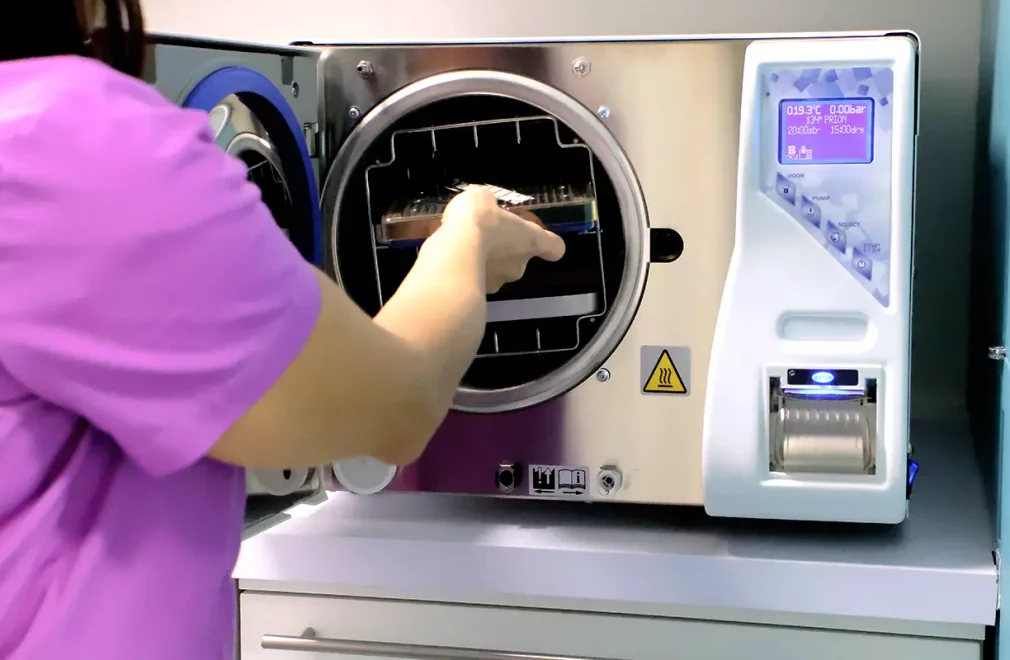
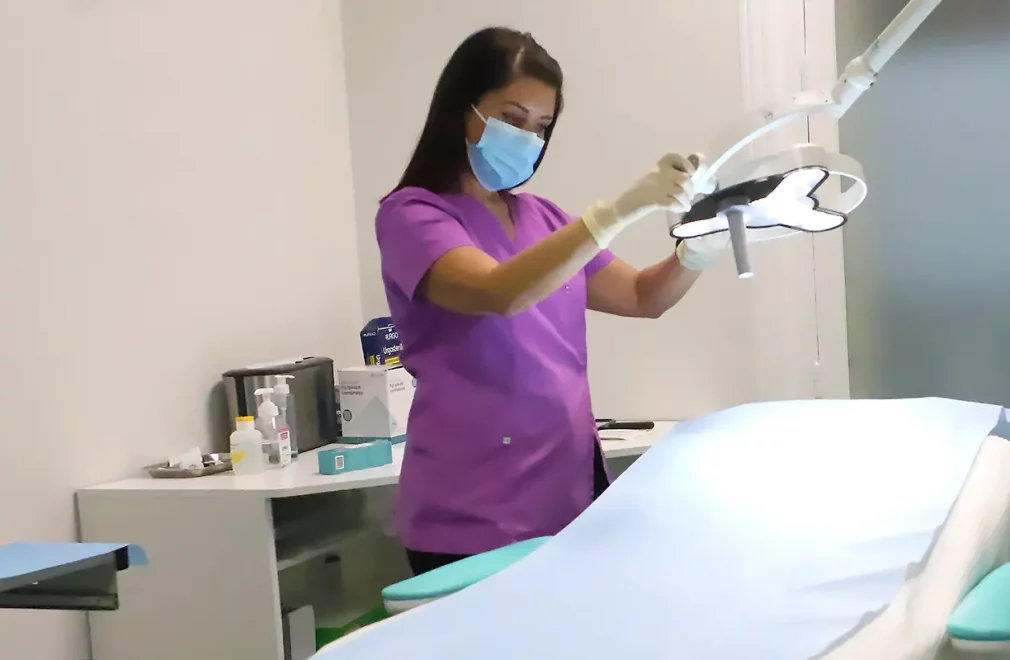

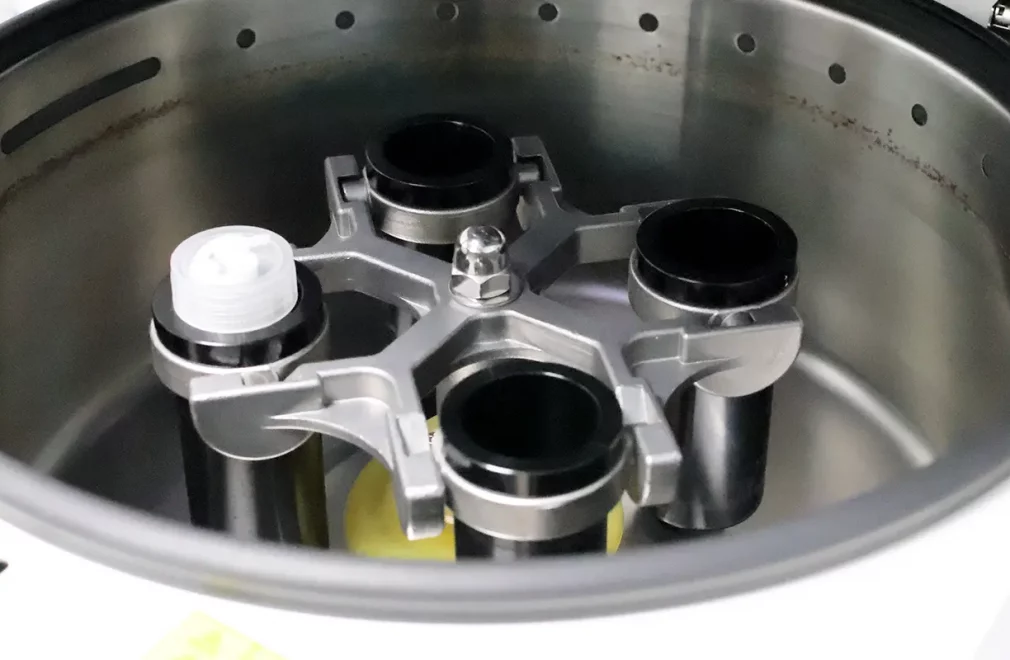

Opening hours:
Tuesday, Saturday: 9am – 7pm.
metro:
Line.8: école militaire
Line.9: alma-marceau

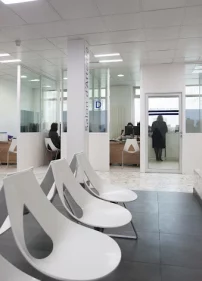
Hôpital privé Geoffroy Saint-Hilaire
59 Rue Geoffroy-Saint-Hilaire, 75005 Paris
Tel: 06 25 94 69 81
Opening hours:
Wednesday, Friday: 9am – 7pm.
metro:
Line.7: Jussieu / Place Monge
Line.10: Jussieu
Buses: 47,63,67,75,89.
Latest publications
Discover our scientific articles and findings, designed to enlighten and deepen your understanding of pain management. Join us in this enriching exploration of knowledge!











